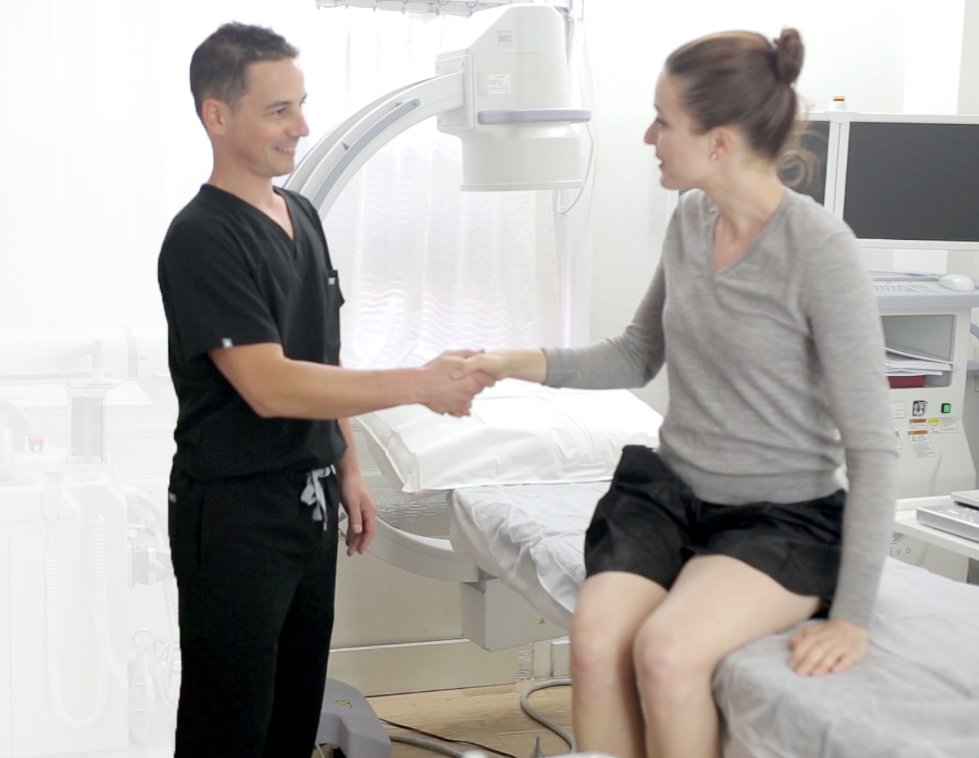What Doctor Treats Varicose Veins? Discover the Role of Vein Treatment Doctors
If you’re struggling with bulging, painful veins in your legs, you’re likely asking: What doctor treats varicose veins? Knowing which specialist to consult is the first step toward relief. Vein treatment doctors are specially trained to diagnose and manage vein disorders like varicose veins, spider veins, and chronic venous insufficiency.
In this article, we’ll break down the types of doctors who treat varicose veins, what to expect during your visit, and how vein treatment doctors can help restore your health and confidence.
Understanding Varicose Veins
Before we dive into which doctor treats varicose veins, it’s important to understand what varicose veins are. Varicose veins occur when valves in the veins become weak or damaged, causing blood to pool and veins to bulge. They often appear as twisted, rope-like veins under the skin—typically in the legs.
Common symptoms include:
- Aching or heavy legs
- Swelling in ankles or feet
- Skin discoloration
- Itching or burning around the vein
- Cramping, especially at night
If left untreated, varicose veins can worsen over time and may lead to complications like ulcers or blood clots. That’s why seeking help from experienced vein treatment doctors is essential.

What Doctor Treats Varicose Veins?
The answer depends on the doctor’s training and experience in vascular care. Here are the most common specialists who treat varicose veins:
1. Phlebologists
Phlebologists are vein treatment doctors who specialize in diagnosing and treating venous disorders. They often use non-invasive techniques such as ultrasound-guided sclerotherapy and endovenous laser treatment (EVLT). Phlebologists focus entirely on vein health, making them ideal for managing varicose veins and related conditions.
2. Vascular Surgeons
Vascular surgeons are trained to treat complex vein and artery problems, including varicose veins. While they can perform surgical procedures, they also offer minimally invasive options. If your varicose veins are severe or have caused complications, a vascular surgeon may be your best option.
3. Dermatologists with Vein Training
Some dermatologists receive additional training in cosmetic vein treatments, such as laser therapy or sclerotherapy. They’re a great choice for treating spider veins and mild varicose veins, especially for cosmetic concerns.
4. Interventional Radiologists
These specialists use imaging techniques to guide minimally invasive vein treatments. Many interventional radiologists perform procedures like radiofrequency ablation and foam sclerotherapy. They often work in collaboration with other vein treatment doctors for comprehensive care.
Why Choose a Vein Treatment Doctor?
You might be tempted to visit a general practitioner first, and that’s perfectly fine. But for targeted and effective care, seeing a dedicated vein treatment doctor has clear advantages:
- Accurate diagnosis: They use advanced ultrasound and imaging tools to pinpoint the source of your vein issue.
- Minimally invasive procedures: Most modern vein treatments don’t require surgery or hospital stays.
- Better outcomes: With specialized training, these doctors provide tailored solutions to relieve pain and improve appearance.
- Faster recovery: You can often return to normal activities within a day or two after treatment.
Vein treatment doctors not only address the symptoms but also correct the underlying issue—something generalists might overlook.
What to Expect During a Vein Consultation
When you visit a vein treatment doctor, the process usually starts with a detailed evaluation. This includes a medical history review, a physical examination of your legs, and a duplex ultrasound to check for valve function and blood flow.
Based on the results, your doctor may recommend one or more of the following:
- Compression therapy
- Sclerotherapy (injecting a solution to close off small veins)
- Endovenous laser therapy (EVLT)
- Radiofrequency ablation
- Microphlebectomy (removing varicose veins through tiny incisions)
Most of these procedures are done in-office and require minimal downtime.
When Should You See a Vein Treatment Doctor?
You should consider seeing a vein treatment doctor if you experience any of the following:
- Persistent leg pain or heaviness
- Swelling that doesn’t go away
- Visible veins that are dark purple or blue
- Veins that bleed or cause skin ulcers
- Skin changes like rashes or hardening around the veins
Even if your concern is primarily cosmetic, vein treatment doctors can recommend safe, effective options to improve your skin’s appearance.
Conclusion:
So, what doctor treats varicose veins? The answer is clear: vein treatment doctors—such as phlebologists, vascular surgeons, dermatologists, and interventional radiologists—are the experts you need.
Whether your goal is to eliminate pain, improve mobility, or simply feel more confident in your skin, vein treatment doctors offer effective, personalized solutions. If you’ve been delaying care, now is the time to act. Book a consultation and take the first step toward healthier, pain-free legs.
Comments
Post a Comment